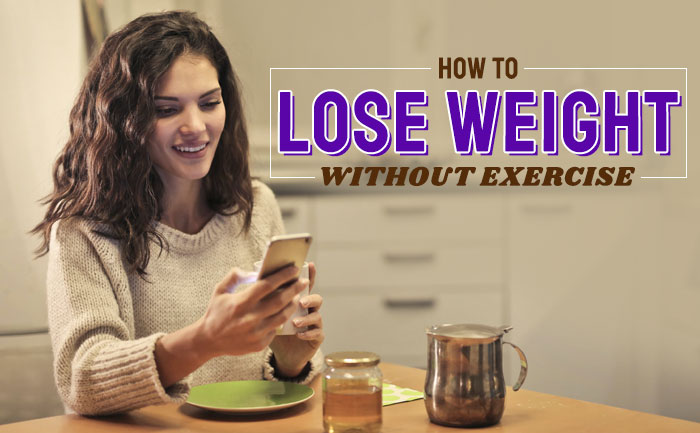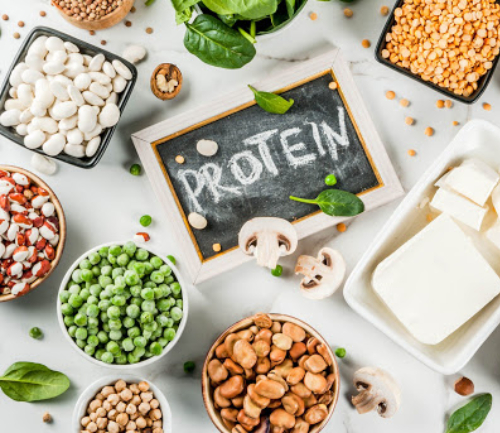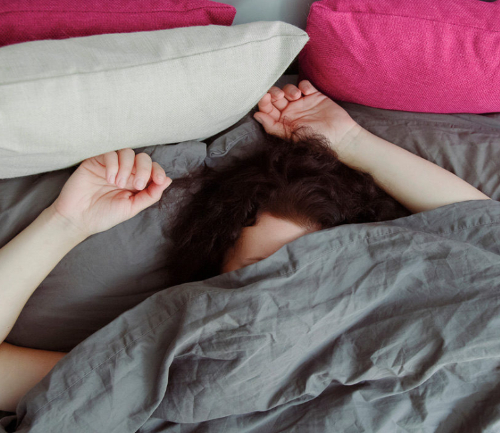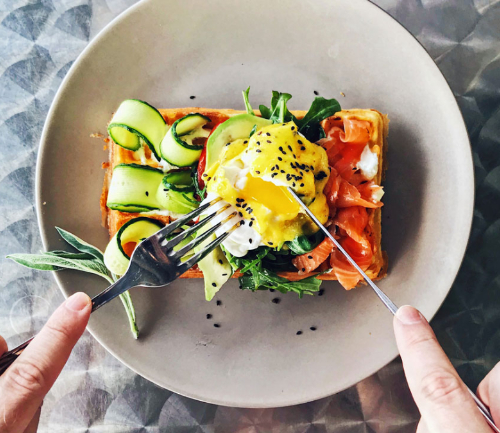- Sponsored -
How to lose weight without exercise: Tips and tricks
There are many ways that can help you achieve your weight loss without hitting the gym. Check it out.

Weight loss, in the context of medicine, health, or physical fitness, refers to a reduction of the total body mass, by a mean loss of fluid, body fat, or lean mass. Weight loss can either occur unintentionally because of malnourishment or an underlying disease, or from a conscious effort to improve an actual or perceived overweight or obese state. While losing weight for some is hard, and others just contemplate the efforts involved and push it away for another day.
- Sponsored -
You can lose weight or manage your weight without going on a crash diet or following rigorous exercise sessions every day. Although exercise can certainly help build fat-burning muscle, it may not shrink your waistline as much as changing your diet will. Making simple lifestyle changes can help you get leaner. Working out on a regular basis is helpful for weight loss, but may not be practical for some people due to health conditions, time restraints, or lack of interest. There are many ways that can help you achieve your weight loss without hitting the gym. Here are a few tips to implement into your daily routine.
How to lose weight without exercise: Tips and tricks
Don’t skip breakfast:
Breakfast is the most important meal of the day and it is perceived as healthy, even more, important than other meals. One should not skip breakfast as it helps in breaking your overnight fast. No breakfast means no energy for your body and no nutrients going to your brain since dinner the night before—which could be in the neighborhood of 12 to 14 hours before. Breakfast eaters tend to be healthier and leaner than breakfast skippers.
When you skip breakfast, your immunity goes down. It can also cause increased bouts of acidity and people who skip breakfast are four times likely to be obese than people who eat something in the morning. Consuming a healthy breakfast restores the glucose levels in the body and lowers stress levels. It is claimed that breakfast helps us lose weight and that skipping it can raise our risk of obesity.
Eat more protein:
Eating a protein-rich diet can help people lose weight because it can help them avoid overeating. A high protein diet can help build lean muscle when combined with exercise. They also play an essential role in the production of hormones, enzymes, and red blood cells. Diets that are high in protein help to decrease hunger, increase satiety, boost metabolic rate, and preserve muscle mass.
Proteins are essential nutrients for the human body. During human digestion, proteins are broken down in the stomach into smaller polypeptide chains via hydrochloric acid and protease actions. This is crucial for the absorption of the essential amino acids that cannot be biosynthesized by the body. High protein foods include lean chicken, lean pork, fish, lean beef, tofu, beans, lentils, low-fat yogurt, milk, cheese, seeds, nuts, and eggs.
Get adequate rest:
Sleep and health are strongly related – poor sleep can increase the risk of having poor health, and poor health can make it harder to sleep. The recommended amount of sleep for a healthy adult is at least seven hours. Most people don’t need more than eight hours in bed to achieve this goal. Numerous studies have suggested that restricted sleep and poor sleep quality may lead to metabolic disorders, weight gain, and an increased risk of obesity and other chronic health conditions.
Adults ages 18 to 60 should aim to get 7 or more hours of sleep each night. This amount increases to 7 to 9 hours of sleep for those ages 61 to 64. When you’re sleep-deprived, your body responds by making more ghrelin and less leptin. This may cause you to overeat. Stimulants like caffeine can make it harder to sleep, and a heavy or sugary meal close to bedtime can make sleep uncomfortable.
Ditch sugary beverages:
Aerated drinks and sodas are fast becoming the most consumed beverages. Fizzy drinks and fruit juices are acidic. The artificial sugar- aspartame used as a substitute for sugar in these drinks is even more harmful. So, if you want to slim down your waist quickly and avoid gaining unhealthy belly fat, you would want to stop drinking soda. On average, a can of non-diet cola contains about 135 calories. Kick out the sodas from your daily routine that offers nothing but empty calories.
Instead, drink:
- Water
- Homemade juices
- Smoothies
- Sparkling water
- Coconut water
- Green tea
- Flavored water
Have smaller portions:
When it comes to losing weight, the rules around food are pretty simple: Don’t overeat, control your portion sizes and listen to your body’s fullness cues. The size of your plates and eating utensils affects how much you eat. If you did nothing else but reduce your portions by 10%-20%, you would lose weight. serving size is a standard set by a food’s nutrition label, while portion size varies depending on who’s dishing out the fare.
So, while you adjust to eating smaller portions, switch to smaller plates, which will make your portions appear larger while tricking your brain into thinking you’re eating more. You won’t feel deprived because the food will look plentiful on dainty dishware. Eating smaller portions can curb cravings and help reduce overall calorie intake.
ALSO READ: How To Lose Weight Fast: 5 Effective Ways That Will Help You
- Sponsored -





